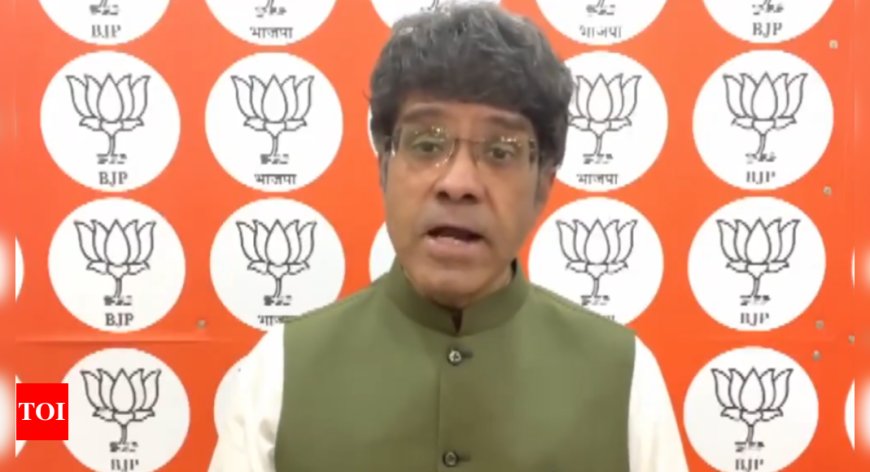'Will empower underprivileged sections': BJP leader CR Kesavan on AIMPLB protest on Waqf Bill
BJP leader CR Kesavan defended the Waqf Amendment Bill, stating it aims to help disadvantaged Muslims by addressing flaws in the 1995 Waqf Act. Opposition and AIMPLB claim the bill undermines minority rights, while the government argues it promotes transparency and proper use of Waqf properties.

Will Empower Underprivileged Sections: BJP Leader CR Kesavan on AIMPLB Protest on Waqf Bill
In recent developments, BJP leader CR Kesavan addressed the ongoing protest by the All India Muslim Personal Law Board (AIMPLB) regarding the Waqf Bill. His statements have sparked significant discussions surrounding the empowerment of underprivileged communities within India. News by dharmyuddh.com
The Significance of the Waqf Bill
The Waqf Bill aims to regulate the management and use of waqf properties across the country. These properties are held in trust for the benefit of the community, particularly among underprivileged sections. CR Kesavan emphasized the bill's potential to bring accountability and transparency to the management of these valuable assets, thereby ensuring that they serve their intended purpose effectively.
Response to AIMPLB's Concerns
The AIMPLB has expressed concerns that the bill may undermine Muslim personal laws and diminish community control over waqf properties. In response, Kesavan reassured that the intent of the bill is not to diminish rights but to enhance the management and empowerment of these sections. He stated that a well-regulated waqf system can significantly uplift underprivileged communities by ensuring that resources are utilized for public welfare.
Empowerment of Underprivileged Communities
Keesavan's remarks highlight a significant focus on social empowerment through lawful governance. By addressing the current management issues associated with waqf properties, the BJP hopes to foster economic growth in areas that have long been underserved. The bill seeks to ensure that beneficiaries of waqf assets are not only protected but also supported for sustainable development.
Community Reactions and Future Prospects
The response from various communities has been mixed. While there are supporters who believe the bill could indeed empower underprivileged sections, critics worry it may lead to central governance over community assets. Going forward, it will be vital to facilitate discussions that bridge gaps and ensure collective interests are prioritized within the Waqf management discourse.
Conclusion
In conclusion, the remarks by CR Kesavan on the Waqf Bill signify a crucial dialogue about community empowerment, management transparency, and social welfare. Moving ahead, the balance between community autonomy and regulatory measures will be key to achieving the objectives outlined in the proposed legislation. As discussions evolve, it remains essential for all stakeholders to engage constructively to ensure the best outcomes for underprivileged sections of society. Keywords: BJP leader CR Kesavan, AIMPLB protest, Waqf Bill, underprivileged sections empowerment, community welfare, waqf properties management, social empowerment, India news, waqf legislation concerns, transparency in waqf governance.







